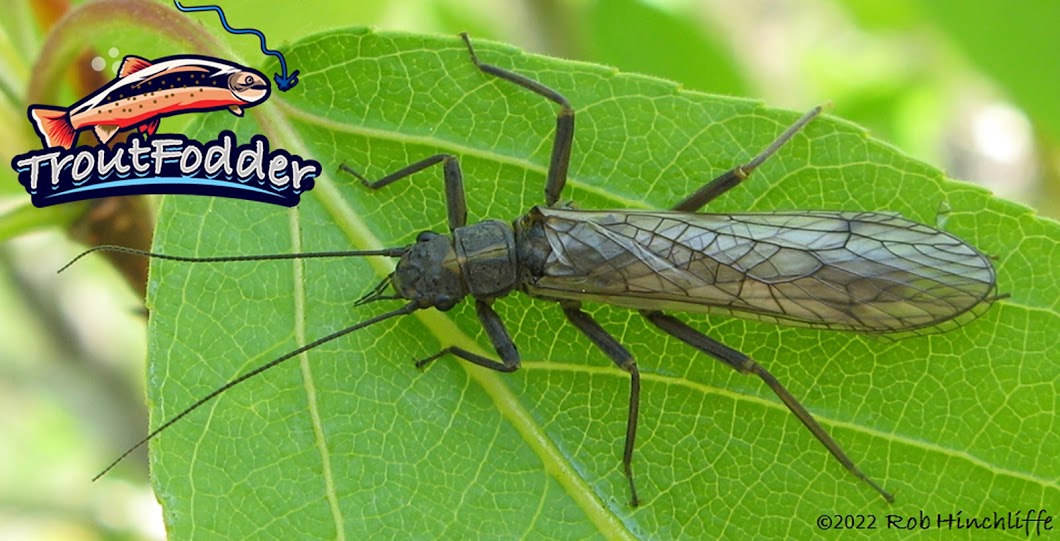Every fly tier who frequently fishes scud patterns has an opinion on this; should scud patterns be tied on straight shank or curved shank hooks?
Scuds at rest tend to have a very pronounced curve.
This observation has resulted in a large number of scud fly patterns being tied
on radically curved hooks – what used to be called scud or shrimp hooks.
 |
| A Scud (Gammarus lacustris) in a typical resting position. |
But scud patterns are generally fished with some sort of retrieve – imitating a scud in motion. Scuds actively swimming tend to straighten out their bodies to become more streamlined. In this situation, a scud pattern tied on a straight hook makes more sense. But do swimming scuds really hold their body as arrow-straight as a straight shanked hook? The answer is a definite no. While the degree to which a scud holds its body straight while swimming varies, the telson and last few body segments generally curve down a little, and there is usually a slight curve along the back (seen in the photos below of scuds actively swimming).
So what is the best hook for a scud pattern? You certainly want to avoid the radically curved shrimp hooks. But I am not sure it matters much if a scud pattern is tied on a straight or slightly curved hook. I have done both over the years and find them equally successful. When I do use a straight hook, I tie the body slightly onto the bend of the hook to simulate the turned down telson and last few segments. My preference now is to tie scud patterns on slightly curved pupa hooks. I consider it a compromise when fishing the fly with short slow strips followed by a pause - straight enough to fool the fish on the strip and also curved enough to look natural on the pause.




Great blog you have here, Rob. Nice to see a fellow fly angler who is also an expert aquatic entomologist. I'm just an amateur Bugologist but I sure spend a lot of hours exploring the aquatic life of our rivers and streams in S. Alberta. Thanks again for sharing your knowledge.
ReplyDeleteGreg Allard
Calgary